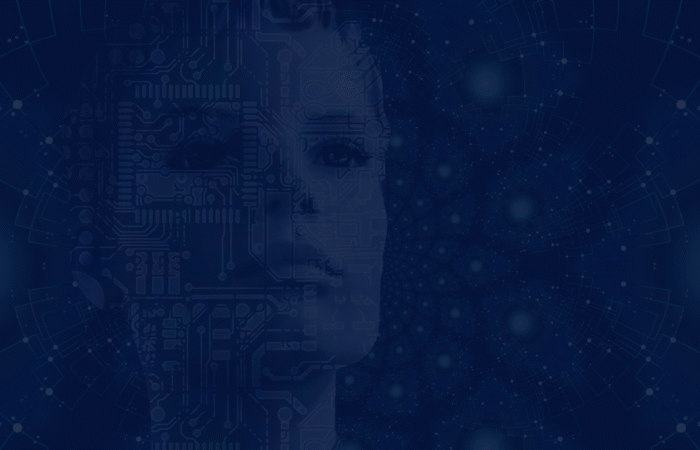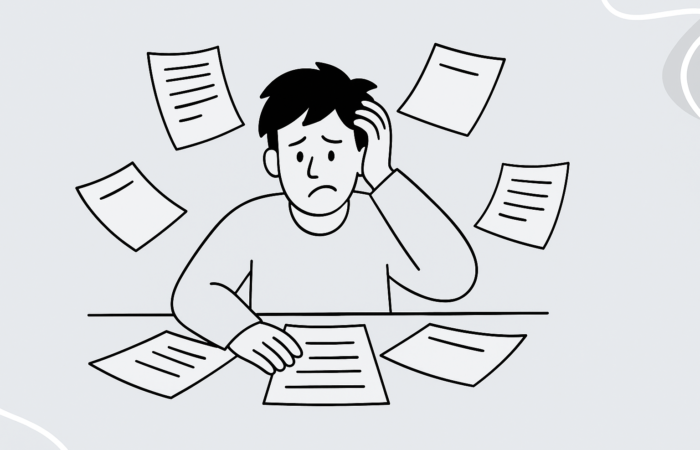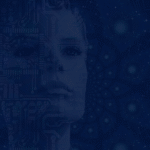Cyber threats are on the rise. Even well-known companies like Uber have fallen victim to these attacks recently, highlighting that anyone can become compromised at any time in the digital world, even more so if they don’t have a cybersecurity strategy in place.
From ransomware to data breaches, cyber security threats can wreak havoc on your business if they aren’t dealt with properly and they can be costly. According to IBM’s Cost of a Data Breach Report, the average cost of a data breach in 2022 is $4.35 million, up 12.7% from $3.86 million in 2020.
A sound cybersecurity strategy is essential for your MarTech systems – they present your organization to the digital world. Having the right infrastructure can help, and it begins with your digital experience platform (DXP).
Are CMSs Secure?
Over the years, content management systems have become a popular attack point for hackers. Traditional CMS platforms like WordPress and Drupal are some of the most frequently targeted, as the people using these open-source systems often lack the knowledge to perform regular updates, making them an easy target.
One of the most common cybersecurity attacks targeting CMSs is a distributed denial of service attack (DDoS). During these attacks, networks are flooded with a surge of excess traffic. The system struggles to keep up with the demand and crashes, taking the website down.
Cross-site scripting (XSS), supply chain attacks, cross-site request forgery, and SQL injection attacks are other common threats that place CMS platforms, particularly WordPress, in danger.
Traditional CMSs are the most vulnerable to these types of threats partly because of their tightly coupled architecture. Since the CMS database and the typically unified frontend and backend layer are running on the same server instance, it gives hackers a larger surface area to target and increases the chances of causing damage.
Is WordPress a Security Risk?
As the most popular CMS on the internet, businesses should expect that WordPress can provide them with everything they need. Unfortunately, the platform is also one of the most notorious for security breaches. In August 2022, over 280,000 WordPress sites were hacked due to a flaw in a popular plugin.
Many of these attacks are caused by plugins that are created by third parties but not adequately maintained, placing the risk on the developer using WordPress to build their website. For enterprises where security is paramount, this presents a risk that can be challenging to deal with.
Growing Maintenance Challenges
Aside from the cybersecurity risks of platforms like WordPress, legacy CMSs and monolithic suites also come with additional security risks. Maintenance of legacy systems can be expensive, and it’s not uncommon to see security maintenance slip through the cracks. To maintain the security of these legacy systems, companies often must spend an increasing amount to keep the lights on for these systems as a legacy system ages and technical debt increases, leaving a bigger and bigger hole in resourcing requirements for other initiatives.
Characteristics of a Secure DXP
To power the digital experiences that customers expect today, having a digital experience platform (DXP) at your disposal is essential. A secure DXP should be a priority, and there are some characteristics you should look for when choosing one.
Decoupled Architecture
Decoupled architectures are an essential security component for a modern DXP. Unlike tightly coupled CMSs that present a larger surface area for malicious actors to attack, the decoupled architecture of a typical enterprise CMS can make its operation more secure.
By separating the frontend presentation layer from the backend content management layer, a decoupled platform gives hackers a smaller surface area to target, making it easier to protect against vulnerabilities. As a frontend presentation layer in the form of an APIs is typically read-only and can be separately secured from backend access, it significantly lowers the attack area and limits, if properly configured, access to systems that should be in different zones in the infrastructure setup.
Decoupled and headless architectures also give the added benefit of composability, allowing enterprises to choose other tools in their stack and connect them to the CMS using secure APIs.
SaaS Updates
Cybersecurity threats can still plague any piece of software, even if built using headless or decoupled approaches and has limited exposure to the outside world. However, these threats can be further mitigated if the DXP runs as a SaaS-based platform in the cloud. This usually ensures that there are frequent and automatic updates on applications and infrastructure as security maintenance is handled by the vendor and so allows users of the CMS to focus on other issues and security measures.
Compliance
The DXP vendor providing your secure DXP should have compliance certifications that ensure proper management of security management, maintenance, and operation of their platform. SOC2 and ISO 27001 are some key certifications that should be on your radar. To ensure the integrity and privacy of PII data, ensure your vendor is GDPR compliant.
Content Delivery Network
Having the support of a robust content delivery network (CDN) can help to mitigate potential threats. CDNs can absorb spikes in traffic much better than other servers, reducing the likelihood of a website going down even if there is a DdoS attack.
How to Ensure Your DXP is Always Secure
Even if you have a DXP with the right security features, maintaining security is an ongoing process. Here are some of the things you can do to ensure your DXP is always secure:
Review Roles and Permissions
Between employees who are no longer with the company, agencies or freelancers who have completed their job and moved on, and employees who change departments or roles, there is often a lot of movement in enterprises. This can lead to potential security risks if personnel still have access to your DXP or other systems. Regularly review the roles and permissions provided to employees to ensure that no one currently has unauthorized access.
Implement DevSecOps Monitoring
Most software teams today rely on DevOps processes and tools as part of their workflows to deliver applications faster and with more consistent quality. Shifting left by making security a priority in ensuring DevSecOps practices and tools are embedded into CI/CD workflows and systems, ensures that threats are detected sooner and dealt with accordingly before they become a real issue.
Read More: Top 4 How-To Tips That Will Secure Your Web Forms
Improve DXP Security with Content Bloom
Security is a priority for every organization, and you need to have the right systems and support in place if you want to achieve it.
Content Bloom is an enterprise digital agency that combines the technology, data, and creative enterprises need to deliver solutions to their problems. With our expertise and assortment of services, you will have everything to embed security into your digital experience platform.
Content Management: Choose a robust content management system to power your digital experiences. We can assist you not only with a platform that breaks down silos and delivers content to any channel, but that meets all security and compliance requirements to keep your data secure.
Structured Content: Shore up your content operations and ensure your content is searchable with our structured content management services.
Managed IT Services: Our team of cross-functional experts allows you to focus on innovation and growth. We provide managed IT services, including always-on DevOps and managed cloud hosting to handle your IT operations needs.
When one of North America’s largest banks was seeking a partner to deliver support for their in-house IT staff, they turned to Content Bloom. They needed secure round-the-clock assistance and a way to deal with any security issues that might crop up. Since leveraging Content Bloom for help, they now enjoy 100% SLA Compliance, faster resolution times, and better analysis for any potential issues.
Ready to level up your DXP security? Or upgrade to a headless or hybrid CMS? Our managed IT services can help. Content Bloom can assist you on your digital journey.





